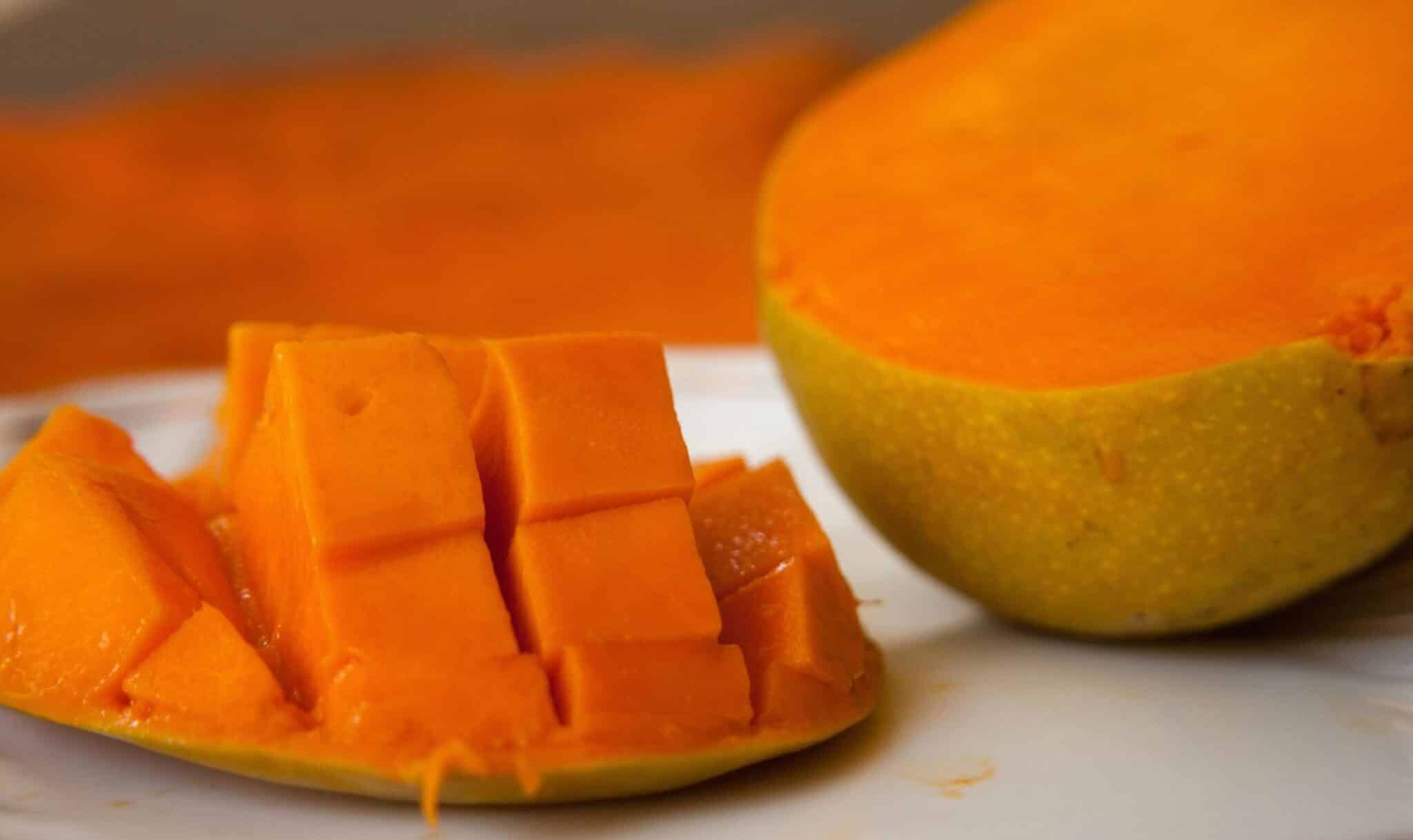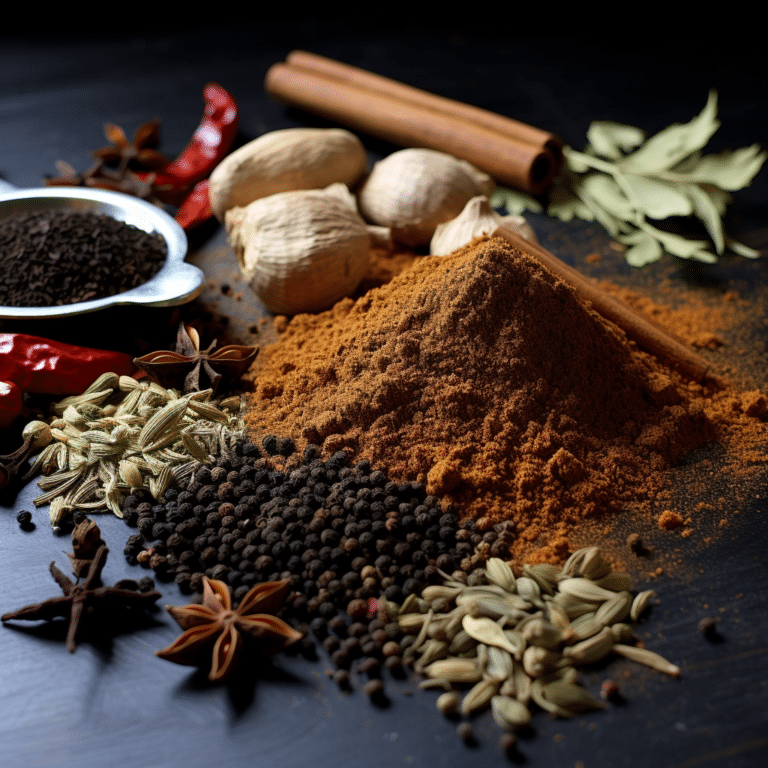Do Mangoes Make You Poop?
Mango is one of the most popular fruits globally, especially during hot summer days. It’s the favorite of many people who love to snack on it like nuts or even as a dessert. While consuming a healthy amount of mangoes can be a good thing, eating an excess amount at once could actually turn out catastrophic. So, basically, what happens when you eat mangoes?
Do Mangoes Make You Poop?
And to be more precise, do they make you poop? Yes, they do! But are they the reason behind it? Let’s find out more from this article.
How Mangoes Make You Poop
Mangoes are an excellent source of fiber, vitamins, and minerals. They also contain many phytonutrients, which may help reduce inflammation and maintain a healthy digestive system.
But eating mangos can surprisingly affect your digestive system: they make you poop! That’s right, mango can make you poop more frequently — and when you do go, it’s usually in soft, runny poops that tend to be more difficult to pass.
Ideally, there are two main reasons why mangoes make you poop more:
- The fiber content in mangoes makes them bulkier than other fruits and vegetables, stimulating stool movement through the digestive tract.
- Similarly, when consumed with other foods high in fiber (such as beans), mangoes may slow-release carbohydrates from being digested into the bloodstream. This may lead to high levels of insulin release, making you poop more.
Are Mangoes Good for Constipation?
Mangoes can relieve constipation due to their high fiber content. Fiber, which is water-soluble, absorbs water and expands in the digestive tract. The more water it absorbs, the softer and easier it will be for the body to expel.
In addition to their high fiber content, mangoes are rich in sorbitol and polyphenols, which have been shown to help relieve constipation. The fiber in mangoes reduces constipation by promoting peristalsis (the muscle contractions that move things through your digestive tract).
Additionally, eating mangoes will help increase your stomach’s capacity for holding the food so that you don’t have to eat as much at mealtimes (which could result in fewer hunger pangs).
Are Mangoes a Natural Laxative?
The term “natural laxatives” is used to describe a range of substances that have the potential to relieve constipation and promote bowel movements. The most common laxatives are Psyllium husks and cascara sagrada.
However, some people may be tempted to use mangoes as a natural laxative due to their composition of sorbitol. This laxative sugar alcohol works by increasing fluid levels in the intestines.
Similarly, mango’s low-calorie count and high fiber content make it an ideal fruit for people with IBS or other digestive disorders that cause chronic constipation. And the good thing is that its fibres are easier to process by the body than other fiber supplements, like psyllium husk powder or flaxseed oil capsules.
Can High Mangoes Intake Cause Diarrhea?
Yes, it is possible that you could experience diarrhea after eating excess mangoes. The reason for this is because of the high fiber content in mangoes. The fiber content of mangoes can cause the body to release too much water into the digestive system, leading to diarrhea. High fiber foods can also cause flatulence and abdominal cramps.
If you experience diarrhea after consuming high-fiber foods, it might be wise to avoid eating such foods until your symptoms pass.
Benefits of Mangoes
You may have noticed that mangoes are the go-to snack for many people during the summer months. They’re sweet and juicy, making them a perfect treat when you’re tired of eating salads and vegetables.
However, this fruit is also extremely beneficial to your health. Below are some of its common benefits
- Rich in Vitamin A
Mangoes are rich in Vitamin A, essential for Proper functioning of the immune system and eyesight. In addition, it helps in maintaining healthy skin and hair.
- Rich in Iron
Mangoes are also a good source of iron, essential for developing red blood cells that carry oxygen to all body parts.
- Antioxidant
Mangoes contain antioxidants that help to prevent oxidative damage caused by free radicals that can cause cancer and heart disease. They are rich in polyphenol antioxidants called galloylglucosinolate that help to reduce free radicals and protect your body from damage caused by these harmful substances.
Mangoes are loaded with potassium, magnesium, and phosphorus; these nutrients are all essential for good health. They help regulate your blood pressure levels and maintain muscle function and energy production in your body.
Possible Side Effects of Mangoes
Mangoes, like all fruits, are high in sugar and can cause a significant rise in your blood sugar level. Here are other possible side effects of eating excess mangoes
- Weight Gain
There are several reasons why mangoes may increase weight, including the fact that they contain a high amount of sugar. Mango is one of the richest fruits in natural sugars, which can be detrimental to your diet if you consume too much.
The fruit also contains tryptophan, an amino acid that increases appetite and food intake. When you consume a lot of mangos, your body will have difficulty getting rid of all the sugar it needs to produce energy. This means your body will have to store more fat than it would otherwise.
- Allergic Reactions
If you have a severe allergy to mangoes and other citrus fruits, it’s possible that eating them will cause an allergic reaction in your body. This might include hives, swelling around your mouth and throat, and an itchy rash on your skin.
- Gastrointestinal Distress
Some people have reported diarrhea, bloating, gas and cramps after eating mangos. These symptoms could be caused by several things, including allergies or irritation from the seeds or skin of the fruit itself.
Bottom Line
If you are eating excess mangoes, your digestion is bound to get affected. So, the answer to the question “do mangoes make you poop” would be yes, and too much of it. The fiber in the fruit causes bowel movement because fiber acts as a laxative and absorbs water for easier defecation.
Since mangos are heavy fruit with ample fiber, eating them in small quantities every other day would be advisable.






